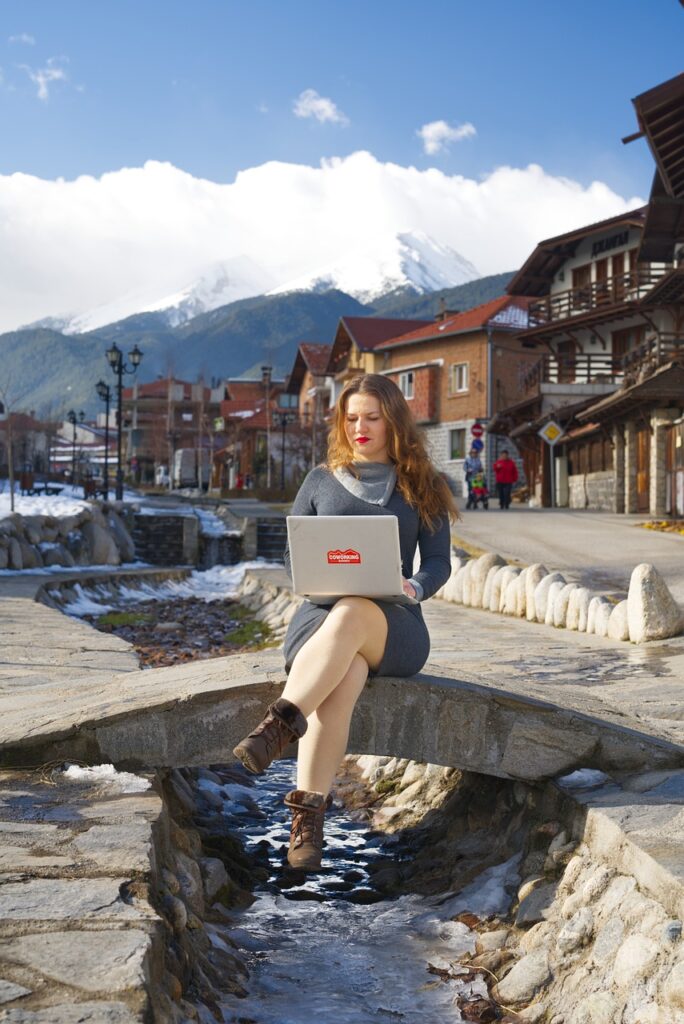Italy wants digital nomads. Accustomed to opting for Spain and Portugal, which have been opening their doors to them for years, from now on, those who work remotely can choose to travel and settle at least temporarily in Rome, Florence, Venice, Naples, Bologna, and Milan, or in Sicily, Apulia, and Sardinia, or even in one of the many ancient villages rich in charm and tradition, where there are also opportunities not to be missed.
This is part of what Italy can offer qualified foreigners, the category to which the visa to stay in the country is addressed, approved after almost two years of exchanges and reflections between politicians and insiders. The final go-ahead arrived with the signatures of four ministries: Interior, Labour, Tourism and Foreign Affairs. It is a symptom of wanting to do things right but also of the enormous weight of bureaucracy that Italians hate because it slows down any change.
A new opportunity for remote workers
The arrival of a visa for digital nomads is important in the meantime because it brings the country up to the level of its southern European neighbours, kissed by sunshine, extraordinary landscapes and a relaxed lifestyle. This is a significant point considering that there are over 35 million digital nomads and counting, as people want to dedicate their time to discovering the world and the possibility of choosing where to work. The decree of 29 February 2024 regulates who and how can apply for a visa, which is available for both digital nomads and the self-employed, which are similar but not identical figures for Italy.


A digital nomad is a foreigner from a non-European country who works remotely and is self-employed, while a remote worker carries out subordinate or collaborative work. Both can work for Italian or foreign companies, but each must prove that they have health insurance covering medical treatment and hospitalisation, valid for at least one year. In addition, they must prove a minimum annual income from legitimate sources that are not less than three times the minimum level required for exemption from participation in healthcare costs (€8,500 multiplied by three, which makes almost €26,000 per year). Other prerequisites include the status of a specialised worker working remotely for at least six months before applying for the visa, the availability of accommodation in Italy, and a declaration from one’s employer or a self-declaration certifying the absence of criminal charges in the last five years.
Relaxation and benefits
To obtain the visa, which interests those who wish to stay in Italy for more than 90 days, the digital nomad must apply for it at the Italian Consulate in his country or where he resides. Once in Italy, the first step is to go to the Questura in the city or province of your choice and apply for a residence permit within the eighth day of entering the country. The residence permit is valid for one year and can be renewed several times but always for twelve months, provided the initial requirements are met. At that point, the digital nomad can trigger reunification with his partner and children, who will automatically receive a residence permit.
An important financial aspect is the special tax regime for impatriate workers,
which provides for a tax deduction of up to 50% on income from employment or self-employment produced in Italy for five years. This advantage may appeal to many remote workers, who may be attracted by Italy but may be frightened by the bureaucratic wrangling involved in the visa and residence permit procedure. If the requirements and possibilities exist, staying in the Stivale can combine fun, relaxation and economic benefits. Hard to find better.



